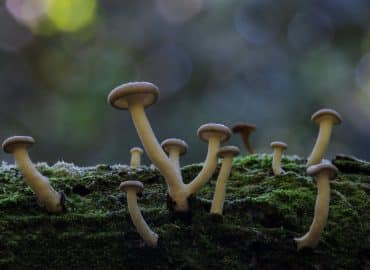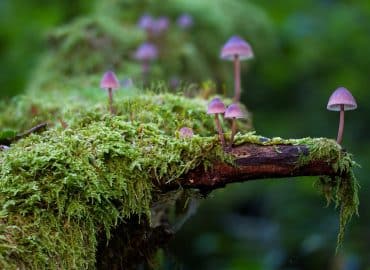Brain on shrooms: What are the effects of magic mushrooms?
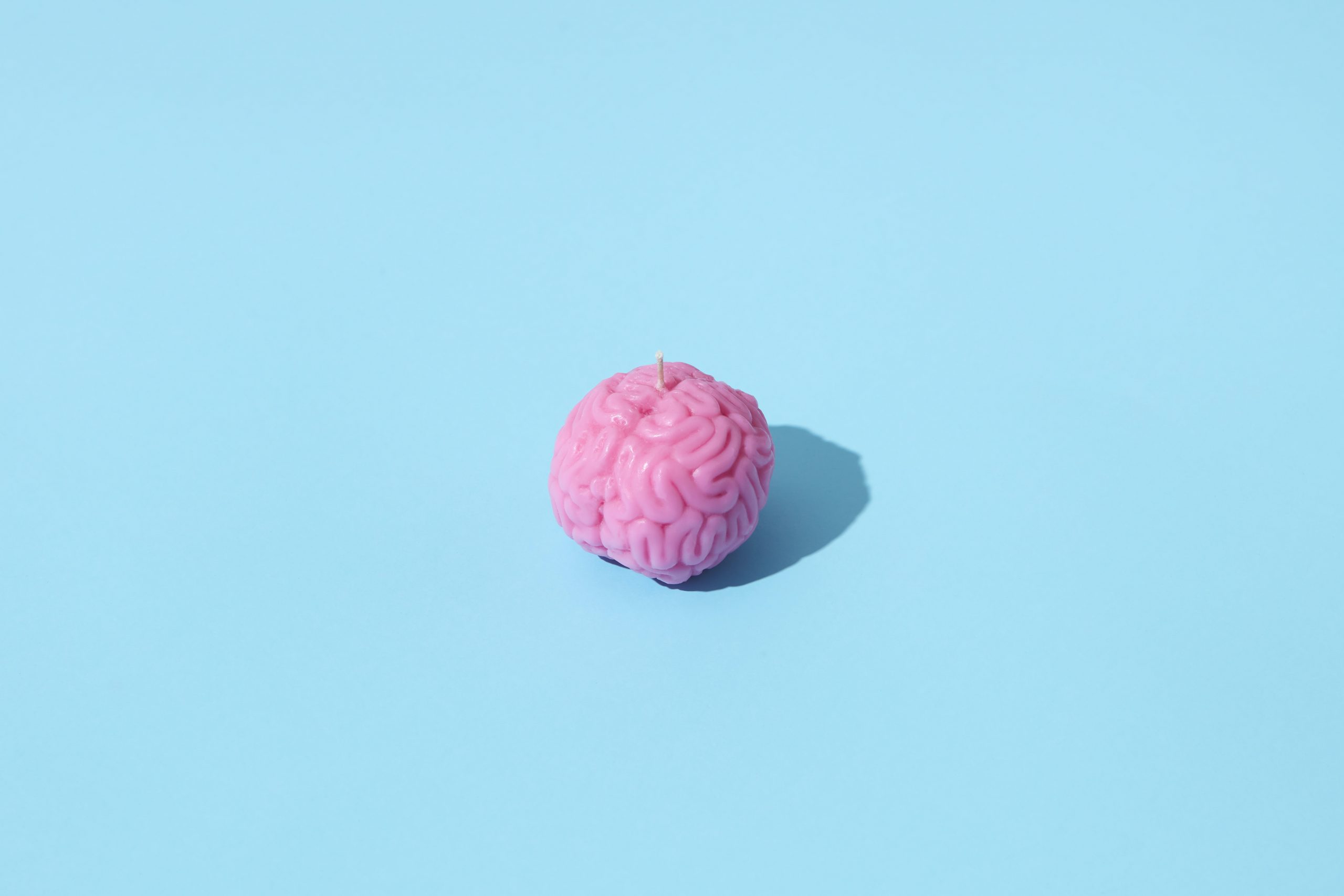
Now that Health Canada has approved the use of magic mushrooms for medical reasons, folks have many questions. Finally, what used to have a stigma is causing people to turn their heads and pay attention to the positive effects of magic mushrooms. Since doctors and health officials now acknowledge the value of psychedelics, you may be wondering how psilocybin affects the body and what a brain on mushrooms looks like scientifically. Here’s a breakdown of what psychedelics do to your brain.
Visit our Magic Mushroom guide to learn more about Psilocybin microdosing.
What does a brain on mushrooms feel like?
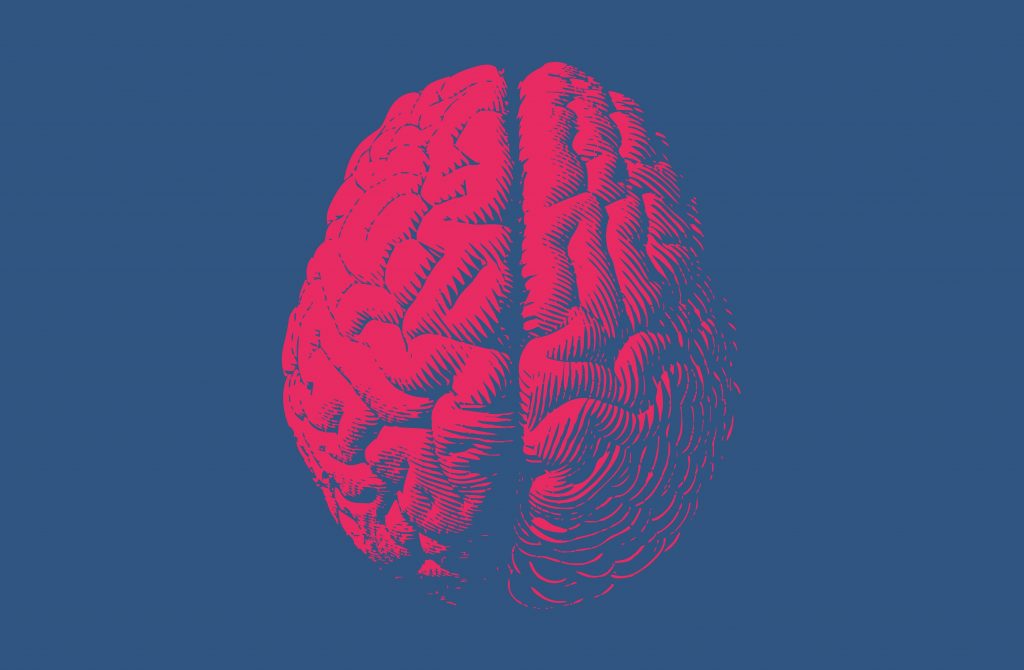
One reason people take psilocybin is to relax and mentally get away from it all for a while. Consuming magic mushrooms allows your brain to have an adventurous escape, but what exactly does that feel like? According to an article on Science, substances like psilocybin “distort the perception of time, space, and self, and even untether the senses.” This state of mental liberation is very freeing and lasts around six hours.
A Rolling Stone article describes the effects of magic mushrooms as producing hallucinations, vivid images, intense sounds, and greater self-awareness. The effects of mushrooms on the brain can be reasonably fierce but highly beneficial overall, hence Health Canada’s seal of approval in special medical situations.
What do mushrooms do to your brain?
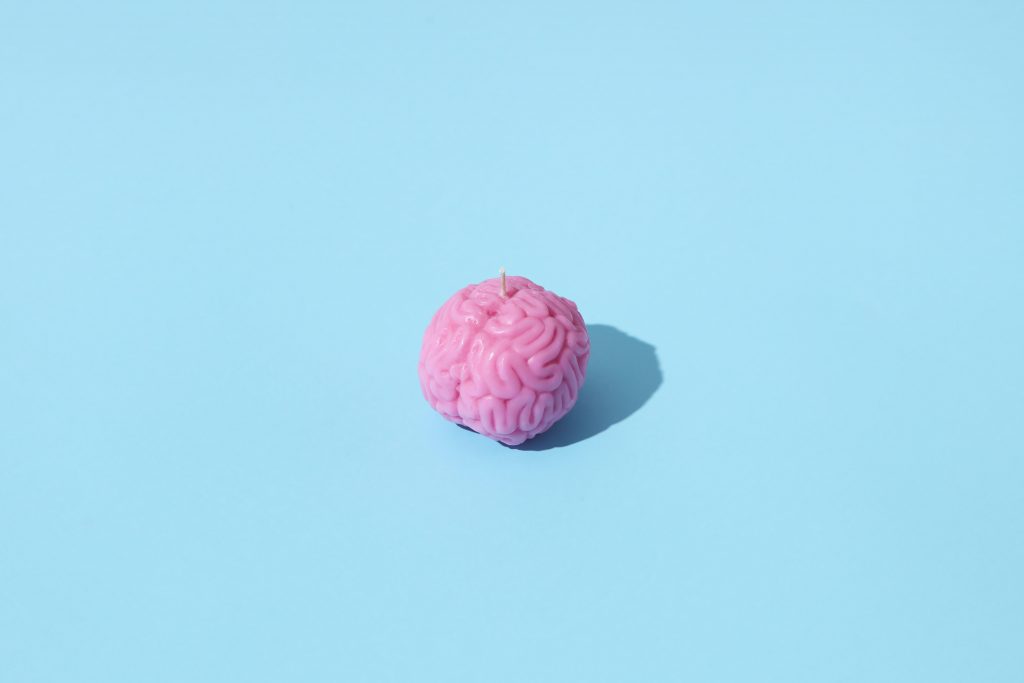
More than 180 species of magic mushrooms will produce brain-altering results when they are taken in due to the presence of psilocybin. When your body consumes psilocybin, it is broken down by the stomach and eventually converted into psilocin, which causes slight changes inside the brain while stimulating activity in the visual cortex.
This action alters perception, allowing the individual to experience an adventure while losing inhibitions and feeling free. The positive effects of magic mushrooms can significantly enhance a person’s mindset and overall outlook. These results are part of why psilocybin is now accepted when prescribed as a part of a comprehensive depression treatment plan.
What are mushroom side effects long-term?
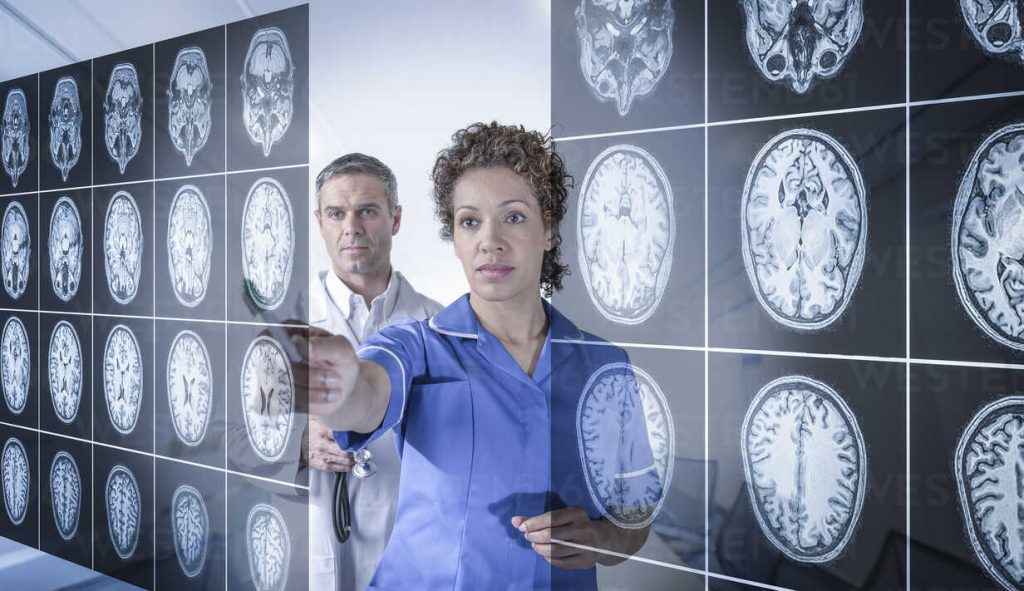
The physical impact of using magic mushrooms varies from person to person and is overall minor. Reactions like elevated blood pressure, increased heart rate, and dilated pupils have been recorded, but these are all mild side effects of magic mushrooms. However, using psilocybin can intensify psychological issues. So, people that have anxiety, paranoia, panic attacks, and mood swings may experience an intensification of those problems. Although these were shorter-term symptoms, some folks have also reported tremors, numbness, sweating, and nausea.
According to the Drug Policy Alliance’s website “The risks associated with psychedelic drugs are mostly psychological, not physical.” Psilocybin is considered one of the drugs with the most negligible toxicity, and although a lethal dose is possible, it’s infrequent. In sporadic cases, people have experienced HPPD (Hallucinogen Persisting Perception Disorder), where someone goes through altered perception for weeks or months after consuming psilocybin. There is no neurological or physical damage with HPPD, although it can be highly inconvenient for those who experience it. For most, there are not many mushroom side effects long-term, and it’s a safe method of having an adventure.

